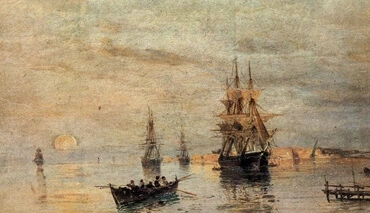1
来罢,我们归向耶和华!他撕裂我们,也必医治;他打伤我们,也必缠裹。
2
过两天他必使我们苏醒,第三天他必使我们兴起,我们就在他面前得以存活。
3
我们务要认识耶和华,竭力追求认识他。他出现确如晨光,他必临到我们像甘雨,像滋润田地的春雨。
4
主说:以法莲哪,我可向你怎样行呢?犹大啊,我可向你怎样做呢?因为你们的良善如同早晨的云雾,又如速散的甘露。
5
因此,我藉先知砍伐他们,以我口中的话杀戮他们;我施行的审判如光发出。
6
我喜爱良善(或译:怜恤),不喜爱祭祀;喜爱认识神,胜於燔祭。
8
基列是作孽之人的城,被血沾染。
9
强盗成群,怎样埋伏杀人,祭司结党,也照样在示剑的路上杀戮,行了邪恶。







